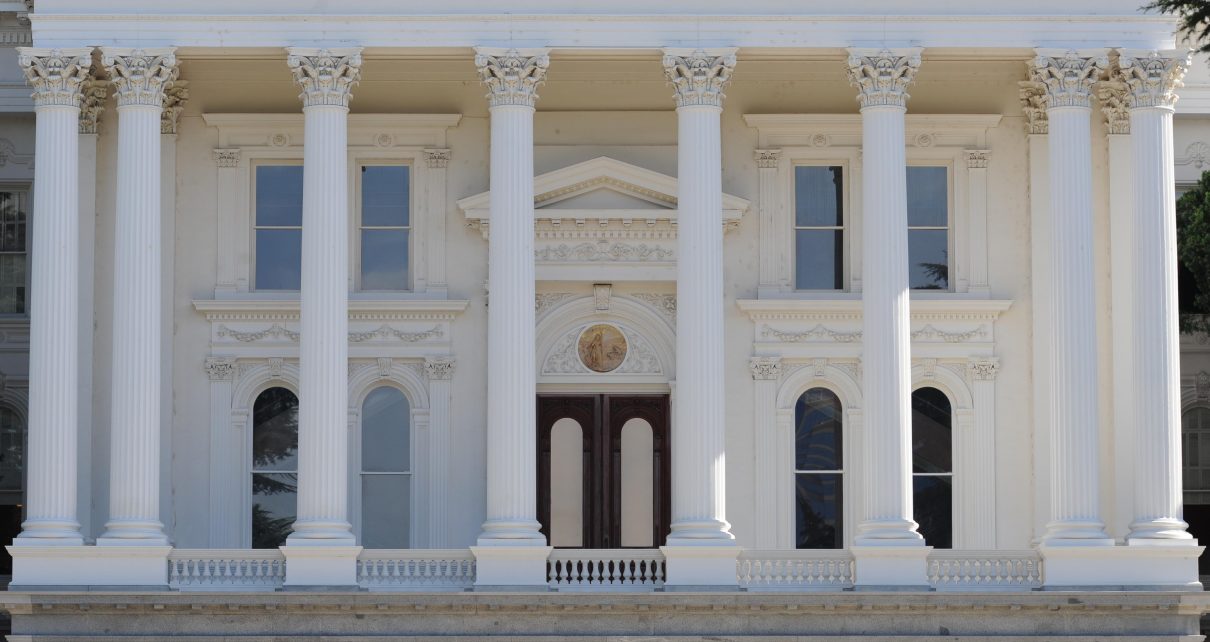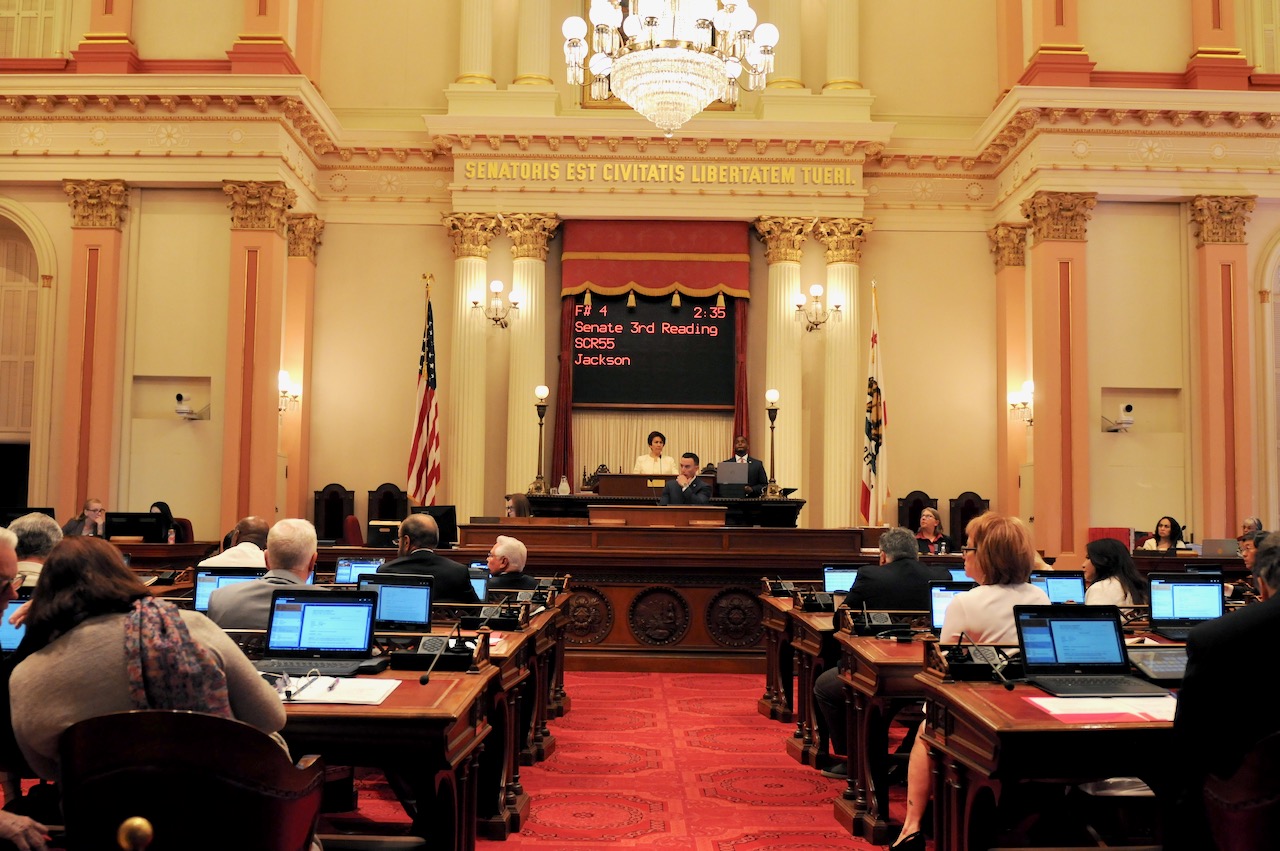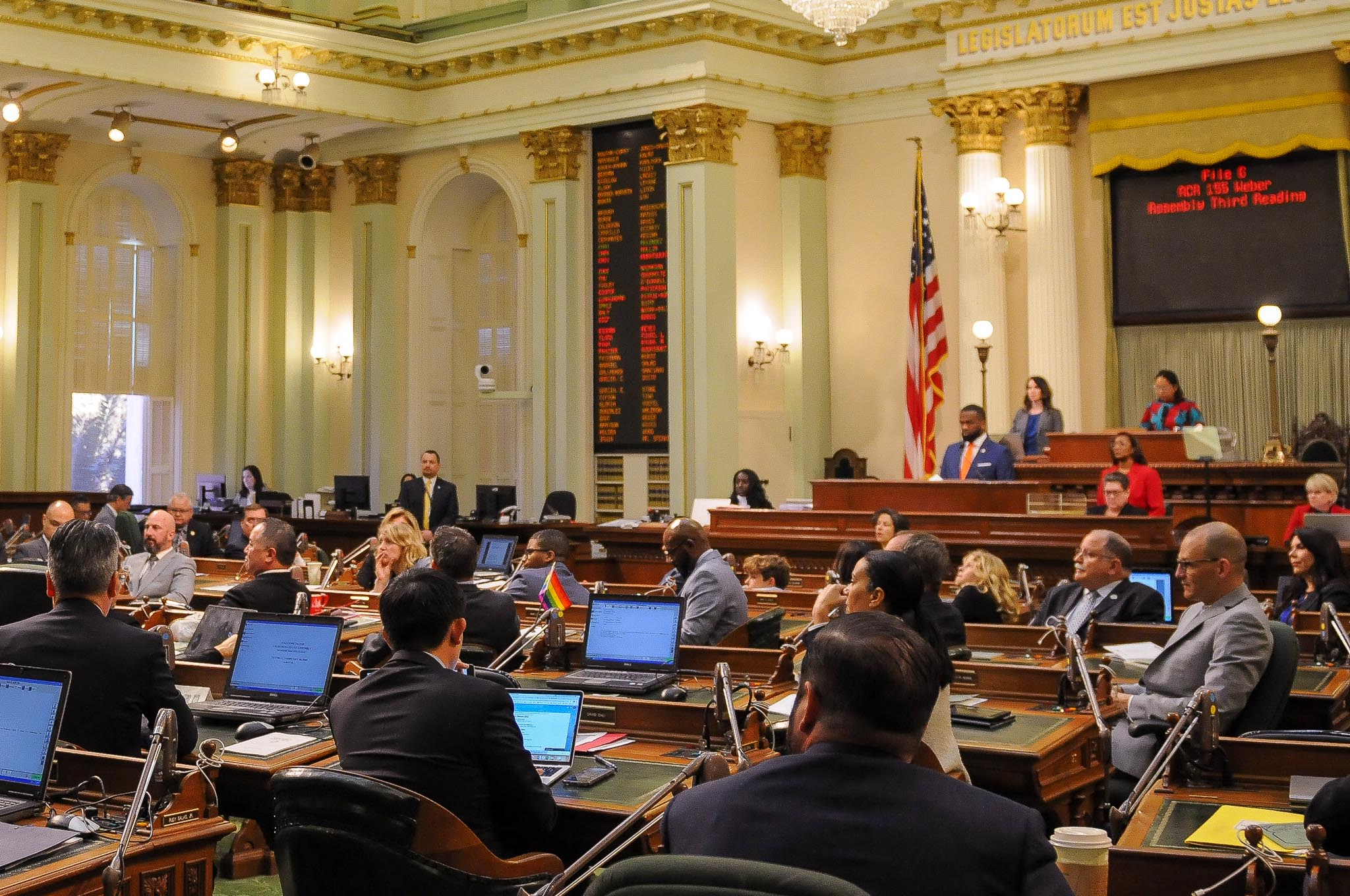
California State Capitol. (Photo: Kevin Sanders for California Globe)
What Is a ‘Saving Clause’ in California Legislation?
They are intended to preserve certain rights, duties, or privileges
By Chris Micheli, October 6, 2022 5:45 am
On a few occasions each Session, a bill will contain a “saving clause,” which is sometimes referred to as “grandfathering.” While some states refer to it as a “savings” (plural) clause, the generally-accepted term is “saving” (singular).
Saving clauses are a type of transitional provision. They are generally used to retain an existing right or authority that would otherwise be affected by the new law. In essence, the saving provision preserves the right or authority despite the new law’s amendment or repeal of the former law.
The term “grandfathering” is defined by the Office of Legislative Counsel as “a legal exemption whereby a situation is governed by an old law while a new law applies to all future, similar situations.”
This is distinguished from a severability clause, which is basically a statement by the Legislature that, if a part of a law that is enacted is subsequently held to be unconstitutional, then the unconstitutional provision(s) does not invalidate the rest of the law. Note that a severability clause is also a type of saving clause in that it “saves” parts of a law if any other parts of the law are invalidated by court action. Some states have a general severability clause applicable across all statutes.
Returning to saving clauses, they are intended to preserve certain rights, duties, or privileges that might otherwise be eliminated by a general enactment containing an amendment to or repeal of an existing law. In addition, the saving clause is usually used to restrict repealing bills by continuing repealed acts in force as to existing powers, inchoate rights, penalties, and pending proceedings.
- Limits on Power in Eminent Domain - January 31, 2026
- Appeals in Judicial Proceedings - January 31, 2026
- Permissive Joinders in California - January 30, 2026




